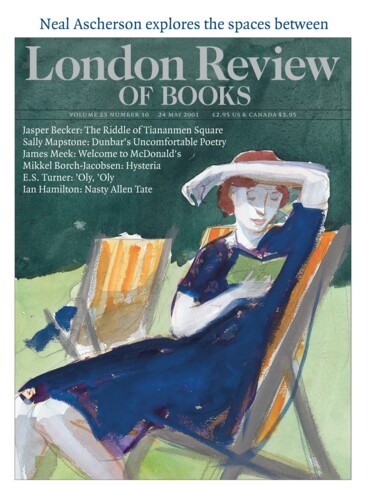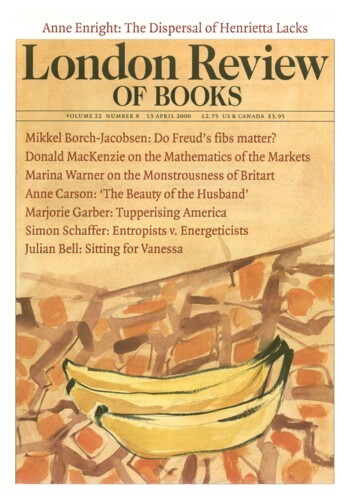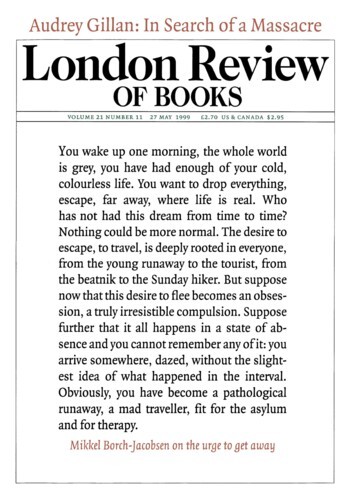You wake up one morning, the whole world is grey, you have had enough of your cold, colourless life. You want to drop everything, escape, far away, where life is real. Who has not had this dream from time to time? Nothing could be more normal. The desire to escape, to travel, is deeply rooted in everyone, from the young runaway to the tourist, from the beatnik to the Sunday hiker. But suppose now that this desire to flee becomes an obsession, a truly irresistible compulsion. Suppose further that it all happens in a state of absence and you cannot remember any of it: you arrive somewhere, dazed, without the slightest idea of what happened in the interval. Obviously, you have become a pathological runaway, a mad traveller, fit for the asylum and for therapy.
Mad Travellers: Reflections on the Reality of Transient Mental Illnesses by Ian Hacking. You wake up one morning, the whole world is grey, you have had enough of your cold, colourless life. You want to drop everything, escape, far away, where life is real. Who has not had this dream from time to time?



